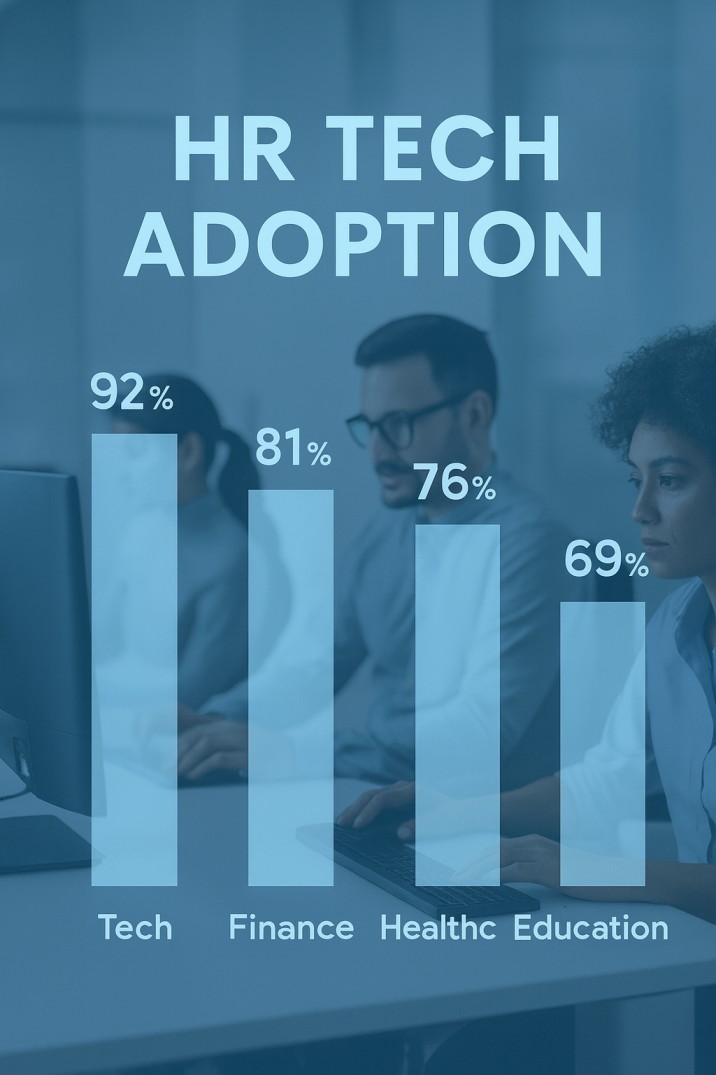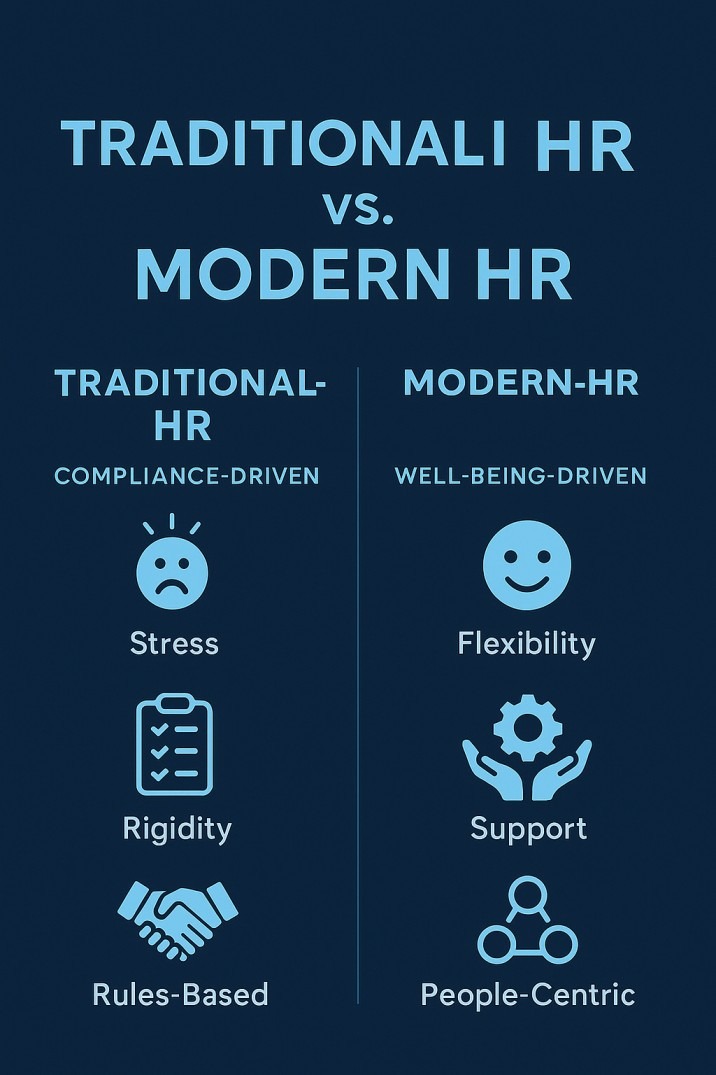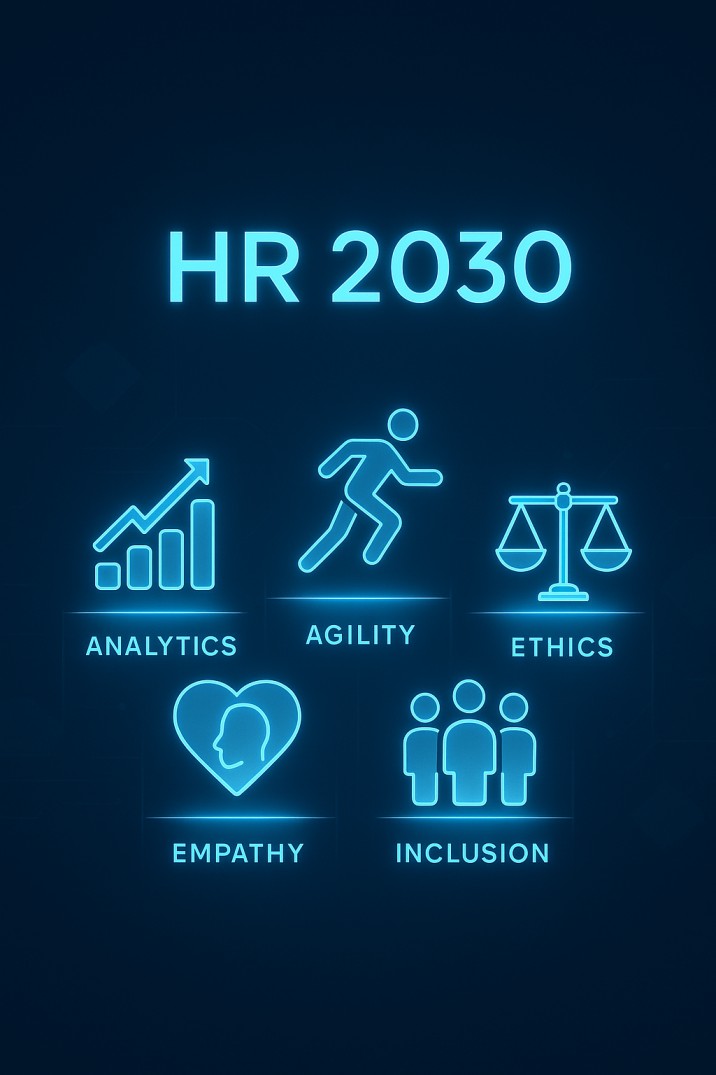Human Resource Managers shape workplace culture, balance employee well-being with business goals, and manage the full employee lifecycle. They hire, train, develop, and protect both people and performance. This article explores what do human resource managers do and why their role is vital to every organization’s success.
Human Resource Managers are the architects of workplace balance, connecting business goals with employee well-being. They recruit, train, and develop talent while shaping culture, ensuring compliance, and managing performance. Through strategy, empathy, and adaptability, HR managers safeguard organizational health, resolve conflict, and foster engagement. Their work transforms policy into purpose, making human connection the foundation of every company’s long-term success.
The Heart of Every Organization
When people ask what do human resource managers do, the simplest answer is: they keep the human element alive in business. Every company relies on its people, and HR managers are the ones ensuring that those people thrive. They align the needs of employees with the goals of leadership, bridging empathy and efficiency.
An HR manager’s job isn’t just about paperwork or policies. It’s about strategy, psychology, and adaptability. In today’s workplace—marked by remote teams, automation, and global competition—understanding what do human resource managers do means understanding how modern organizations stay healthy and productive.
Building Teams That Work

Hiring the right talent is one of the most visible aspects of the HR manager’s role. They write job descriptions that attract the right applicants, design interview processes that reveal strengths, and guide hiring managers in choosing candidates who fit both the skill requirements and company culture.
But recruitment is only the beginning. HR professionals also build onboarding programs that help new hires feel welcome and equipped. They ensure that the early weeks of employment turn curiosity into confidence. When you think about what do human resource managers do in those first critical days, it’s about creating an experience that makes people want to stay.
Shaping Culture and Connection
Company culture doesn’t happen by accident—it’s curated. HR managers influence everything from communication tone to recognition systems. They develop codes of conduct, but more importantly, they nurture environments where collaboration and creativity thrive.
So what do human resource managers do to maintain that culture day to day? They track engagement surveys, analyze turnover data, and talk to employees about what’s working and what’s not. Culture management is equal parts science and storytelling—interpreting metrics and translating them into meaningful human action.
According to Gallup, organizations with highly engaged employees outperform their competitors by 23% in profitability. That’s the hidden power behind HR strategy—culture drives numbers, not the other way around.
The Strategic Side of HR
Long gone are the days when HR was considered an administrative department. Modern HR managers sit at the leadership table, contributing to big-picture decisions about workforce planning, budgets, and organizational design.
When you ask what do human resource managers do strategically, the answer involves anticipating future talent needs, building succession pipelines, and ensuring that the company is ready to evolve. They analyze workforce data to forecast hiring gaps, skill shortages, and even potential burnout trends.
HR metrics—like time-to-fill positions, employee satisfaction, and retention rates—help transform intuition into HR strategy. Great HR leaders use these insights to balance innovation with stability.
Legal and Ethical Stewardship
Every workplace operates under a web of labor laws, safety standards, and ethical expectations. Another part of what do human resource managers do is to act as guardians of compliance. They ensure fair hiring practices, proper documentation, and consistent application of company policies.
From equal opportunity employment to workplace safety, HR managers protect both the organization and its people. They serve as the first line of defense against lawsuits, conflicts, and ethical missteps.
But beyond law, there’s morality. HR often navigates the gray areas—addressing bias, discrimination, or harassment. These are moments when doing what’s “technically right” isn’t enough; what matters is doing what’s humanly right.
Performance, Growth, and Potential
At its core, HR is about development. Once people are hired, trained, and engaged, HR helps them grow. Performance management systems, career pathing, mentorship programs—these are the instruments through which HR unlocks potential.
So, what do human resource managers do in terms of performance? They design evaluation frameworks that are transparent and fair. Instead of annual reviews that feel punitive, many HR leaders now adopt continuous feedback models that celebrate learning.
Professional growth initiatives, such as upskilling or leadership academies, help employees evolve with the company rather than outgrow it. This long-term mindset reduces turnover and builds a loyal, resilient workforce.
Handling Conflict with Compassion
Even the healthiest workplaces experience tension. Whether it’s a disagreement between colleagues or a grievance against management, HR managers often play the role of mediator. Understanding human behavior, maintaining neutrality, and restoring trust are part of their craft.
When people ask what do human resource managers do during conflicts, the answer is simple yet profound: they listen. Active listening is one of the most underrated skills in HR. It’s how managers detect underlying issues—stress, miscommunication, or unmet needs—and turn potential crises into opportunities for clarity and collaboration.
An effective HR professional balances confidentiality with transparency, ensuring that resolutions respect everyone involved. This emotional labor often defines how employees perceive the fairness of their workplace.
Adapting to the Digital Workforce
Technology is reshaping HR just as much as any other department. From AI-powered recruitment tools to remote work platforms, the modern HR manager is part technologist, part humanist.
So what do human resource managers do in the digital era? They harness data to make better decisions but ensure that automation doesn’t replace empathy. Tools like HRIS systems streamline processes, while analytics dashboards offer predictive insights about employee engagement and turnover.
According to Deloitte’s 2024 Human Capital Trends report, 74% of organizations are now using HR technology to enhance decision-making and employee experience. Yet, HR managers remain the interpreters of that data—translating numbers into narratives that shape real lives.

Mental Health and Employee Well-Being
After the pandemic, the question of what do human resource managers do gained a new dimension—mental health. HR departments began implementing well-being programs, flexible schedules, and burnout prevention policies.
They now act as advocates for balance. Whether it’s creating confidential counseling programs or enforcing realistic workloads, HR helps destigmatize mental health discussions at work. Emotional wellness has become a performance issue, not a personal one.
A 2023 report by the American Psychological Association found that 77% of employees experience work-related stress. HR managers are at the forefront of tackling this crisis—not through quick fixes but by redesigning how work itself feels.

Bridging Leadership and Employees
One of the most delicate parts of what do human resource managers do is acting as the bridge between leadership and the workforce. They interpret executive visions into tangible HR strategies while voicing employee concerns upward.
This dual loyalty requires emotional intelligence and diplomacy. HR professionals often serve as translators between the profit-focused language of management and the human-centered language of staff. Their role ensures that both sides move forward together—not in opposition.
Globalization and Diversity
As companies expand internationally, HR must adapt to new legal systems, languages, and cultural norms. Diversity, equity, and inclusion (DEI) are now core to the HR agenda.
So, what do human resource managers do to ensure inclusion? They implement bias-free recruitment processes, train leaders on cross-cultural communication, and create employee resource groups that amplify underrepresented voices.
Diverse teams don’t just look good—they perform better. McKinsey reports that companies in the top quartile for diversity are 35% more likely to have financial returns above the industry median. HR’s influence here directly links inclusion to innovation.
The Future of Human Resources

As AI evolves and work becomes increasingly hybrid, the question of what do human resource managers do will keep transforming. Future HR professionals will be more data-savvy, strategically agile, and emotionally intelligent than ever before.
They’ll lead workforce redesigns, manage gig-economy talent, and maintain human connection in digital workplaces. HR’s future is not administrative—it’s transformative.
Conclusion: The Human Element That Never Fades
When you strip away the systems, metrics, and strategies, the essence of what do human resource managers do remains timeless: they care for people. They help organizations grow without losing their humanity.
HR managers are coaches, advocates, strategists, and visionaries. They ensure that business success and employee happiness coexist. Every great company owes part of its greatness to an HR professional who made sure people felt seen, safe, and valued.
Andrea Balint is a writer and researcher focused on human behavior, workplace psychology, and personal growth. Through her work at CareersMomentum, she explores how mindset, leadership, and emotional intelligence shape modern careers. With a background in communication and HR development, she transforms complex ideas into practical insights that help readers build clarity, confidence, and professional purpose.
